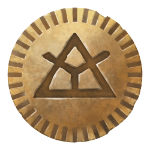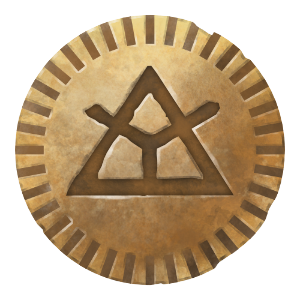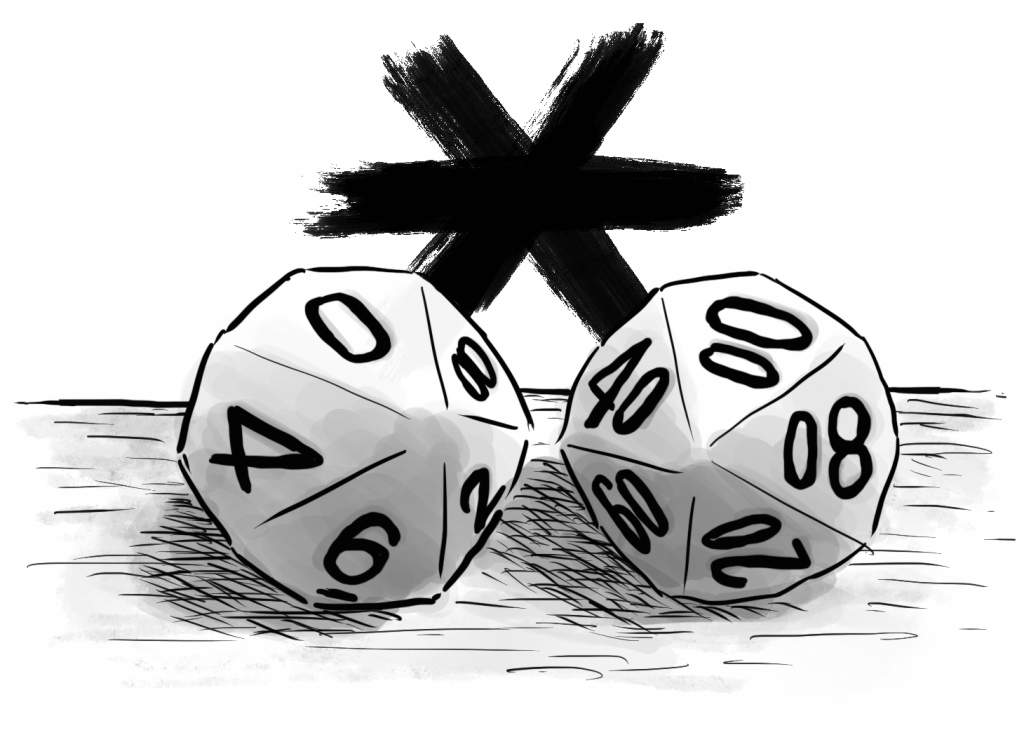
Runic Rants is an irregular series of thoughts, opinions, and experiments about RuneQuest.
This article was originally written as a comment on the BRP Central forums, and has been heavily edited and expanded here.
A question that I’ve seen come up a few times online is that of game terms employed in the RuneQuest rules compared to what people on Glorantha would “really” speak about.
The Biturian Varosh Precedent
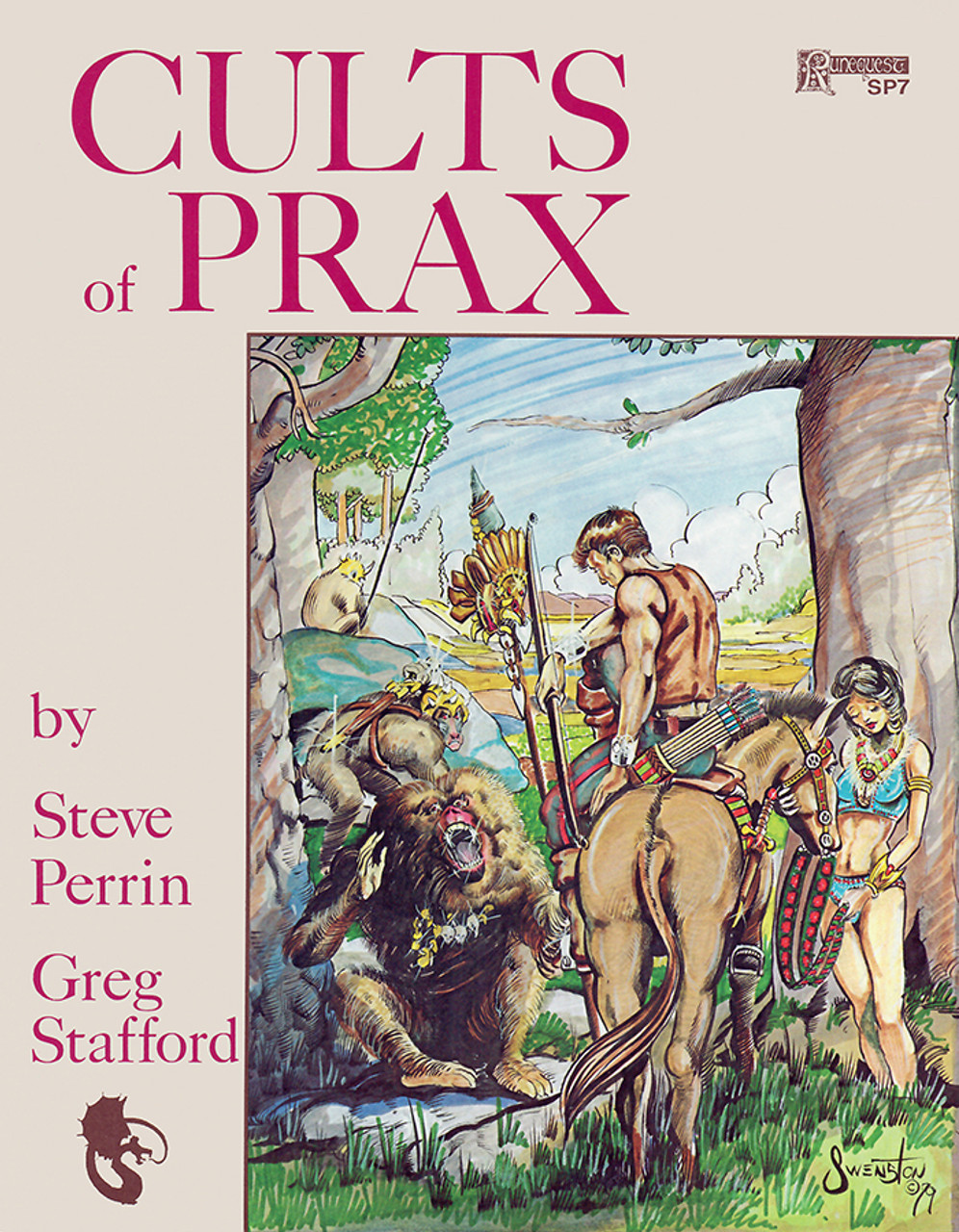
This is an interesting enough question that I raised it when we did our Biturian Varosh episodes on the podcast. The saga of Biturian Varosh is, supposedly, written “in character” in the classic supplement Cults of Prax. In it we can see Biturian referring to spells such as Reflection, Market (or Neutral Ground), Path Watch, City Harmony, and several more, and to things such as “a Truth Rune oath”.
Is Biturian “really” using those terms, or is this a consequence of the “translation” to English? A common interpretation is that most game terms (such as spells and deity names) do exist in Glorantha, ever since they were compiled by the God Learners in the Second Age. Biturian might be using these terms, especially if he’s writing his journals in Tradetalk (the language of his own god), instead of using the “folk names” that various people might use locally.
Sidestepping the Question

But really the question might be moot anyway. Gloranthans don’t speak for themselves: they only speak through the players and the gamemasters. So the real question is actually “do you always speak in character?“
When an adventurer says “I can sell you a very good Bladesharp spell for 120 Lunars, just come to the Orlanth Adventurous temple around 8AM tomorrow“, we have a way bigger problem than just whether Gloranthans would call that spell “Bladesharp” or not:
- Do Gloranthans speak English? Factually, no. We are already several degrees of separation removed from how “real” Gloranthans speak, whatever that means (I assume we don’t want to invent the Sartarite or Tarshite languages from first principles, this isn’t Middle Earth). We already know that colloquial terms like “Prince” are vague approximations because the “original” term in Sartarite has a different gendered connotation (which is why we say “Prince Kallyr” even though Kallyr is a woman).
- Do Gloranthans talk in terms of Lunars? Maybe, it depends on the region. There are many “actual” types of coins minted by various dynasties, and many people would also accept payment in kind. But because our players probably keep track of their finances in Lunars, we’ll have to boil it down to “a 120 Lunars” anyway in practice.
- Do Gloranthans talk about “the Orlanth Adventurous temple“? Maybe, but probably not. That temple might have a specific local name, and the deity itself might have a specific local name too? For instance Zeus, as worshipped in various places around Ancient Greece, had a large amount of local names, even if everybody knew it was indeed Zeus. If a non-player character says “let’s meet at the Temple of Orlanth Sandal-stealer“, a player will probably ask “err, wait, is that a new sub-cult or is that just a fancy name for my own cult?” if they planned to do worship or acquire new spells. It might even be only a shrine, mechanically speaking. So the gamemaster still has to clarify things in game terms anyway.
- Do Gloranthans talk about meeting at 8AM? Certainly not. Maybe they’d say “an hour after sunrise“, or “when the market opens“. But the players will of course ask “so what time does the sun rise in Sea Season?” or “what time does the market open in Jonstown usually?“, once again requiring some clear, gameable terminology.
So unless the players and the gamemaster share some sort of “fancy in-world lingo“, they always need to talk in game terms anyway.
Turning the Issue Around
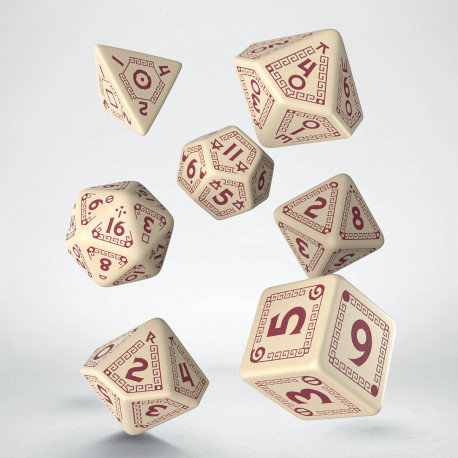
Let’s turn the issue around instead. We always need to speak in game terms, but we can definitely complement it with a bit of roleplay.
For instance, during combat, it’s common that a player might say “I hit the troll with my sword”, rolls some dice, adds “it’s a hit, 9 points in the left leg”. But after the gamemaster has finished rolling for the troll, one of them might summarize it with a bit of narration: “so you see an opening and thrust your broadsword towards the troll’s leg, he braces for a parry but doesn’t step far enough and his mace misses your blade… you slice through his thigh and he roars in pain and frustration… still standing, his mace already held high, he counter-attacks!”
This sort of extra narration, or narrative recapitulation, might not happen all the time at any given table. After all, all these bits do tend to add together and lengthen play time, especially when combat is already way too long (in my opinion) in RuneQuest. But it might happen more often outside of combat!
For instance, a player might say “I ask the chieftain if I can take a week off to learn Bladesharp 4 at the Orlanth Adventurous temple” After a dice roll or two, there might be an in-character exchange during which the player can improvise a cool reply: “I shall then go to the temple of Orlanth Sandal-stealer to learn the secrets of Humakt’s Whetstone! I will be meditating, burning incense and animal offerings to my God from the time the Priests of the Talking God open the market place, to the time they close it. You will see me again in a week, my sword imbued with the power to serve our clan and defeat its enemies!“
That’s not only great roleplay, it also opens up some world-building opportunities: based on the player’s improvisation, this specific Orlanth Adventurous might have a mural of Orlanth stealing the Sandals of Darkness from the trolls, and the Bladesharp teachers there might actually have ties to the nearest Humakt temple! Maybe the spell was taught several generations ago by a Humakti mercenary whose statue or portrait adorns the temple’s training room?
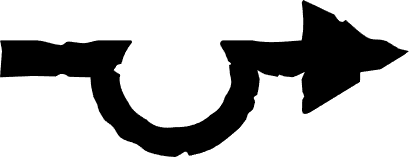
One great thing that Call of Cthulhu does in its recent edition is provide suggestions for alternate names of spells and monsters. For instance, the “Bless Blade” spell has alternative names such as “Imbue Might of the Elder Ones“, “Ritual of the Seven Cuts“, and “Spirit’s Bane“. Of course, the goal is isn’t just to use the terms that the evil cultists use — it’s also to hide what the spells do from the players, because the magic of the Cthulhu Mythos is supposed to be mysterious and dangerous. But you get the idea. It would be great to compile a list of cool “in world” names for various common spells, temples, and deities somewhere, as a sort of narrative play-aid?
If you have any comment about this Runic Rant, or some ideas for a future installment, please send them to us!
